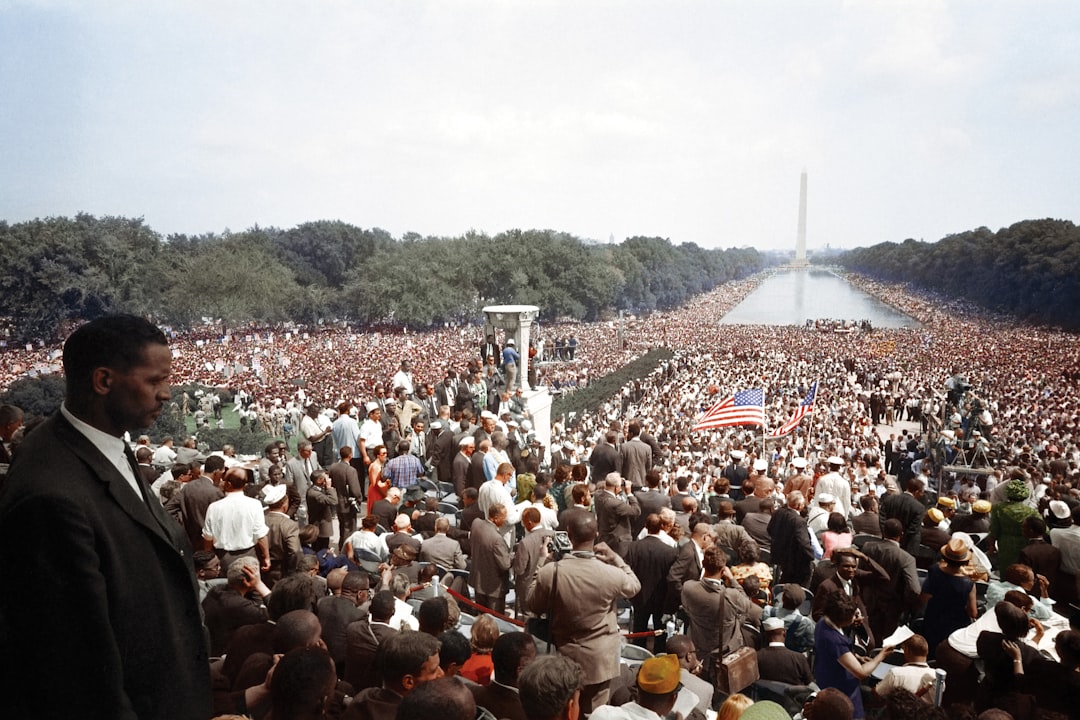In Washington D.C., strict robocall regulations protect residents from spam calls. Businesses and call centers must obtain explicit consent and provide opt-out options. Spam call law firms operating in DC must comply with TCPA definitions, enabling do-not-call list registration and confining calls to legitimate business purposes or face significant fines. Consumer protection laws empower consumers to file complaints against violators and offer robust legal frameworks for robocall lawsuits, with potential remedies including monetary compensation and stringent anti-spam policies.
In the age of technological advancement, robocalls have become a ubiquitous yet unwanted nuisance. The District of Columbia has implemented strict regulations to combat spam calls, providing legal avenues for consumers to seek justice. This article explores the legal basis for Robocall Lawsuits in DC, delving into key aspects such as understanding robocall regulations, legal definitions of spam and unsolicited calls, consumer protection laws, and effective strategies for lawsuits. If you’re a DC resident seeking redress through spam call law firms, this guide offers valuable insights.
Understanding Robocall Regulations in DC

In the District of Columbia, robocall regulations are designed to protect residents from unwanted and fraudulent automated phone calls, also known as spam calls. The Consumer Protection Division within the Attorney General’s Office oversees these rules, ensuring that businesses and call centers adhere to strict guidelines. One key regulation is the requirement for explicit consent before making automated calls, with opt-out mechanisms readily available to recipients.
Additionally, the DC Spam Call Law firms operating within the jurisdiction must comply with specific practices to avoid legal repercussions. This includes providing a clear and conspicuous way for individuals to register their phone numbers on do-not-call lists and limiting calls to those made for a legitimate business purpose. Failure to adhere to these regulations can result in significant fines, underscoring the importance of understanding and adhering to DC’s robocall laws to protect consumer rights.
Legal Definitions: Spam and Unsolicited Calls

In the context of robocall lawsuits in the District of Columbia, understanding the legal definitions of “spam” and “unsolicited calls” is paramount. The Telephone Consumer Protection Act (TCPA) defines spam as any prerecorded or artificial voice message unless the caller has obtained prior express consent from the recipient. This legislation aims to protect consumers from unsolicited marketing calls, which can often be intrusive and disruptive.
Unsolicited calls refer to those made without the explicit permission of the called party. They are distinct from solicited calls, where individuals actively seek out a product or service. For robocall law firms in DC, it’s crucial to ensure that every call complies with these definitions to avoid legal repercussions and maintain consumer trust.
Consumer Protection Laws and Their Application

In the District of Columbia, consumer protection laws play a crucial role in mitigating robocall lawsuits. These laws are designed to safeguard residents from unsolicited and deceptive phone calls, commonly known as spam calls. The Consumer Protection Division within the Attorney General’s Office actively enforces these regulations, ensuring that businesses and call centers adhere to strict guidelines. Any violation can lead to legal repercussions, with consumers having the right to file complaints against violators, including spam call law firms operating in DC.
The application of consumer protection laws extends to various acts, such as preventing automated dialing systems from making calls without prior express consent. This is particularly relevant for robocall lawsuits, where individuals may seek legal redress for unwanted and nuisance calls. The District’s robust legal framework provides consumers with a means to hold responsible parties accountable, discouraging abusive phone marketing practices and promoting fair business conduct, especially in the realm of spam call law firms DC.
Strategies for Robocall Lawsuits and Remedies

Robocall lawsuits in the District of Columbia often involve complex legal strategies. Plaintiffs and their attorneys must prove that automated calls were made without prior consent, violating federal and local laws, such as the Telephone Consumer Protection Act (TCPA). This involves gathering evidence like call records, identifying the source, and demonstrating the harm caused by the spam calls. Effective strategies include seeking damages per call, requesting injunctive relief to stop future violations, and leveraging class-action litigation to maximize compensation for affected individuals.
Remedies for successful robocall lawsuits can range from monetary compensations to more preventative measures. Victims may be entitled to receive up to $500 or even $1,500 per violation, depending on the circumstances. Additionally, courts can order call centers and companies to implement stricter anti-spam policies, ensuring compliance with spam call law firms DC and similar jurisdictions. These remedies aim to deter future spam calls while providing restitution for those who have suffered from unwanted automated communications.






